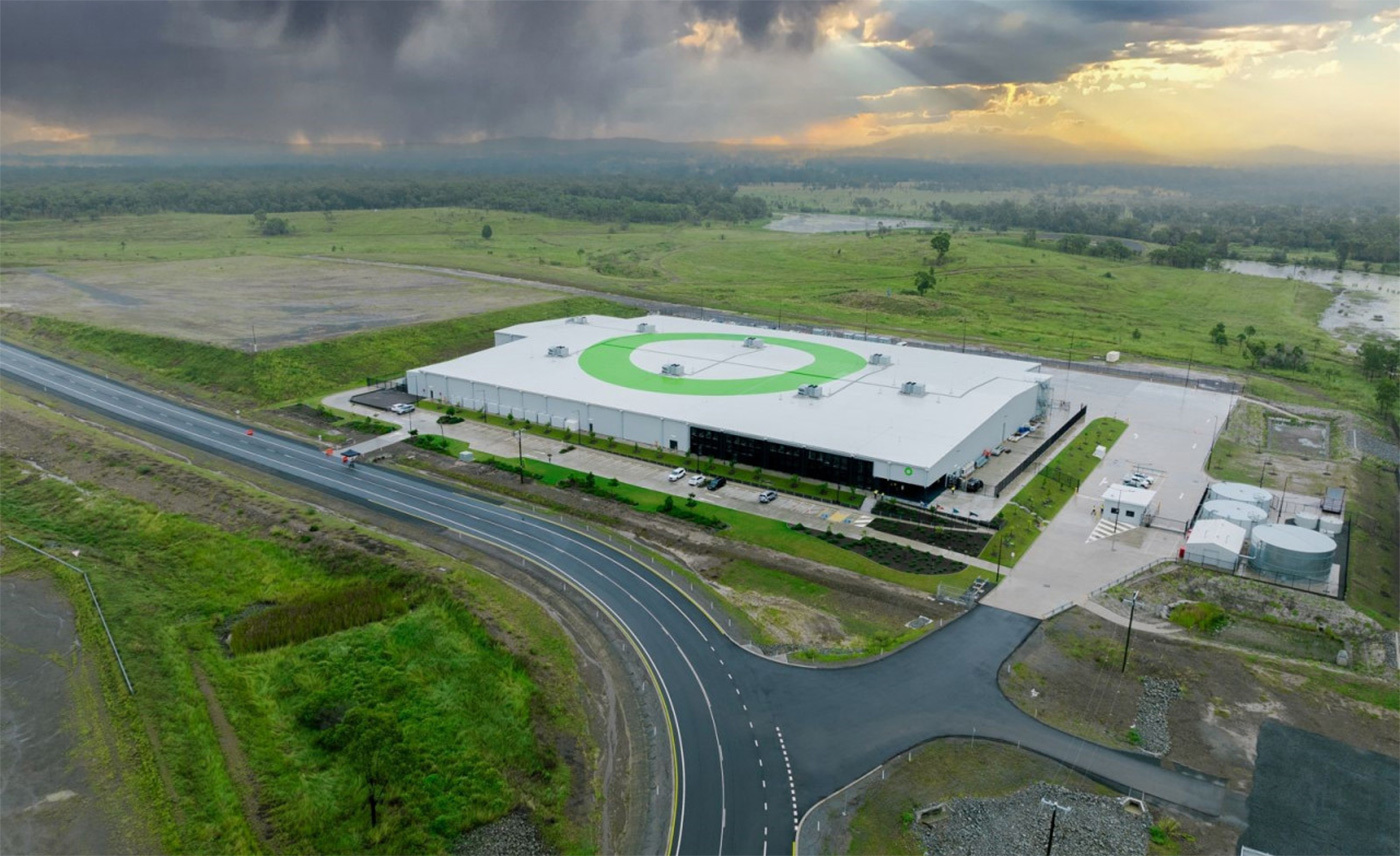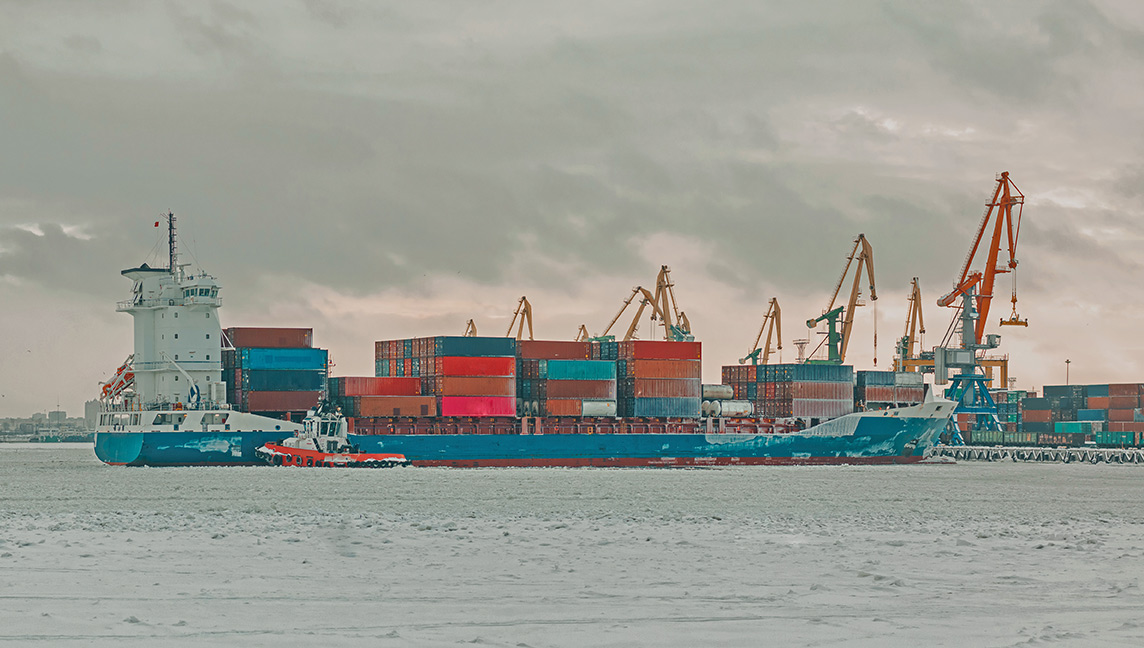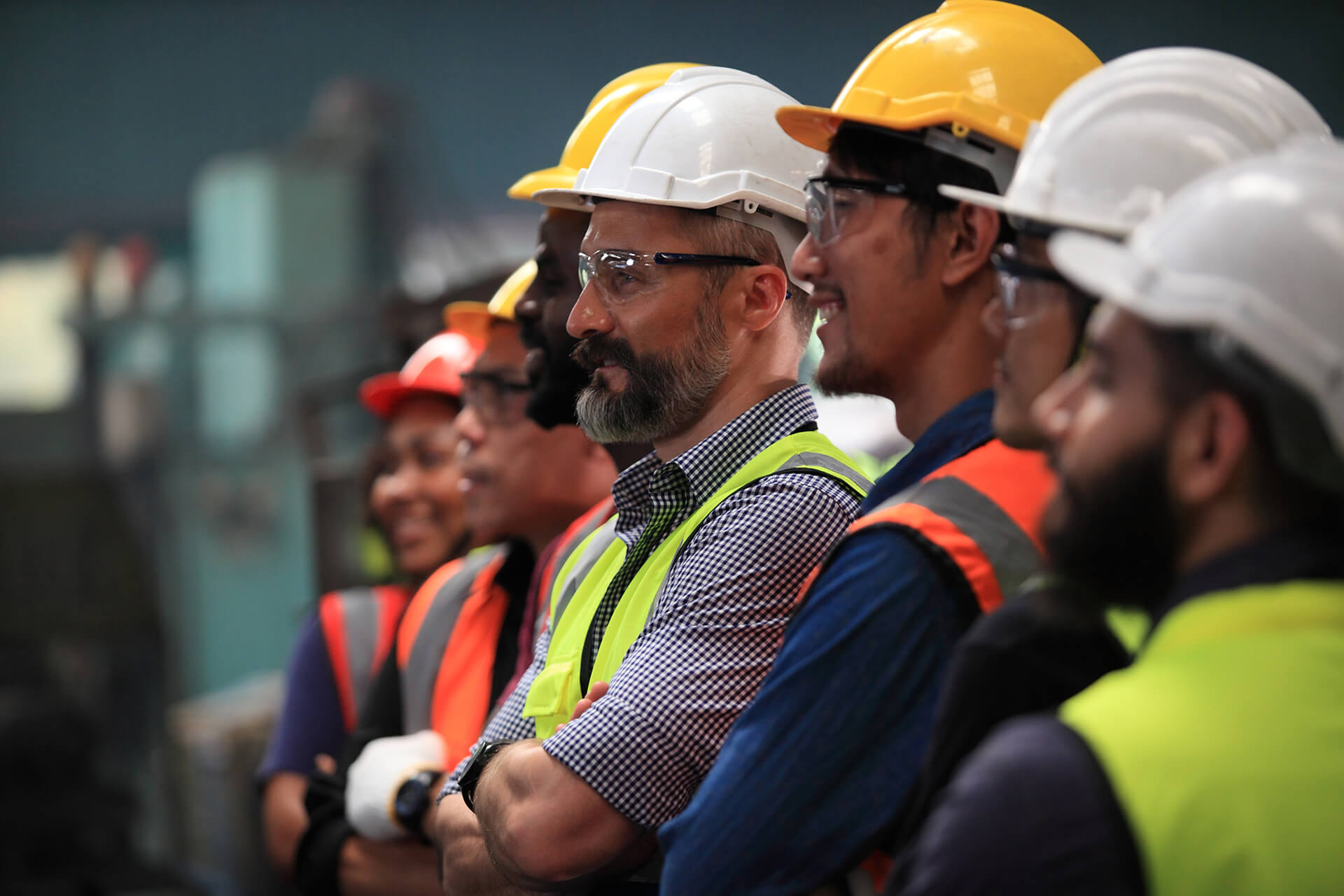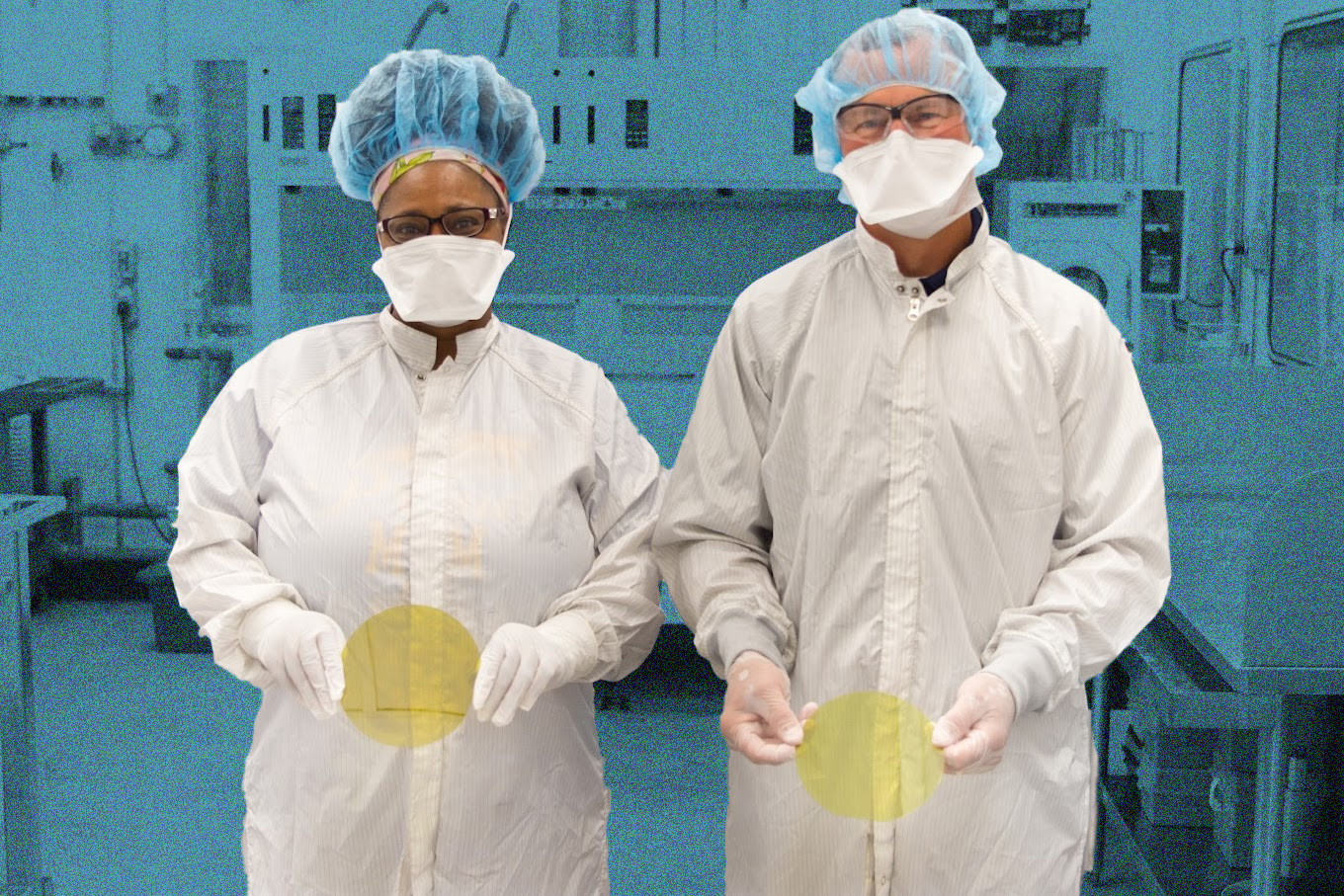Three Key Facts:
-
- Driven by tax credits from the Biden-Harris Infrastructure Act and Michigan state incentives, Fortescue plans to build a $210 million battery assembly plant in Detroit.
- Fortescue’s new battery assembly plant in Detroit will create 600 jobs and clean up a 14-acre brownfield site.
- The site, located in the Milwaukee Junction neighborhood, is near the historic Ford Piquette Plant where Henry Ford invented the Model T.
-
Australian mining and global energy giant Fortescue plans to build a $210 million battery assembly plant in Detroit. The company said it will create 600 manufacturing and engineering jobs in Michigan that support the state’s effort to become a global leader in the future of mobility.
In announcing its Advanced Manufacturing Center, Fortescue said it will revitalize a vacant auto factory in the Piquette Avenue Industrial Historic District in Milwaukee Junction and transform it into a state-of-the-art manufacturing and engineering workspace.
Located near the historic Ford Piquette Plant where Henry Ford invented the Model T, the facility, originally built as Fisher Body Plant 23 a century ago, will now serve as a key hub for Fortescue’s production of batteries, hydrogen generators, fast chargers, and electrolyzers. It will support heavy trucking, construction, specialty vehicles, and local automakers, according to CEO Judith Judson.
Fortescue’s project will also help clean up the vacant 14-acre site. It is currently designated as a brownfield site and will require extensive environmental remediation including cleanup of asbestos and other chemical contamination along with refurbishing the 410,000-square-foot, six-floor building.
Fortescue looked at nearly 100 sites across the country before settling on Detroit. CEO Judson said, “Detroit is an extremely attractive place to manufacture, given the skilled workforce, existing EV and green energy supply chains, and strong support from state and local governments.” Judson told Crain’s Detroit Business that part of what makes Detroit such an attractive place to manufacture is its highly-skilled manufacturing and engineering workforces.
Maureen Donohue Krauss, president and CEO of the Detroit Regional Partnership, echoed the sentiment. “Major global players like Fortescue continue to recognize [Detroit’s] mobility ecosystem as the premier place to develop and scale cutting-edge advanced mobility and clean energy technology,” she said.
Josh Hundt, the Executive Vice President and Chief Project Marketing Advisor at the Michigan Economic Development Corporation told SBN Detroit that this investment will also bring new tax revenue and new opportunities for suppliers to grow in Detroit. “[F]inally, their presence will impact restaurants and venues in and around the community for additional growth,” he said.
According to MLive, Fortescue’s investment includes $20 million to purchase the building, $84 million in property improvements and $106 million in personal property like machinery and equipment.
Part of the motivation behind Fortescue’s investment is the tax credits for battery modules, offering up to $10 per kWh, provided by the Biden-Harris Inflation Reduction Act. Additionally, Michigan’s Michigan Strategic Fund approved a package of further incentives for the company.
Fortescue expects the first product line in the facility to be operational by 2025.





